COS News
News

A new report from a group of Northeastern researchers explores across disciplines how biotech can ensure safe, sustainable life beyond Earth.
The key to international space cooperation is developments in biotechnology, Northeastern researchers say
News

The NeuroPRISM lab, led by assistant psychology professor Stephanie Noble, makes tools that pave the way for reliable and reproducible neuroimaging of the brain.
Precise maps of the brain’s deepest corners are made possible through tools developed by these Northeastern researchers
Showing 176 results in Psychology
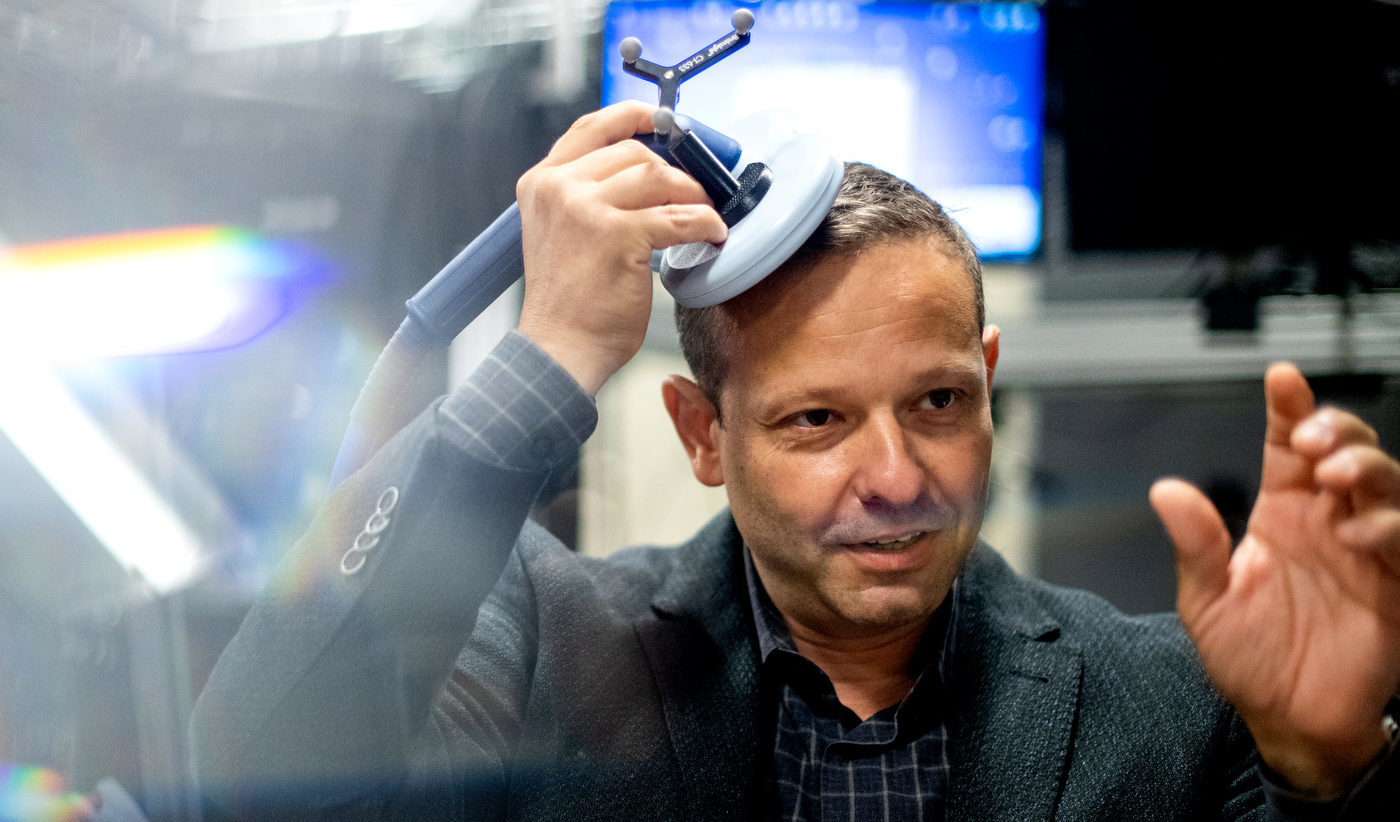
Why a groundbreaking brain simulation machine promises new health insights
A group of researchers including psychology professor, Susan Whitfield-Gabrieli, receive NSF grant to acquire a machine capable of delivering transcranial magnetic stimulation (TMS).
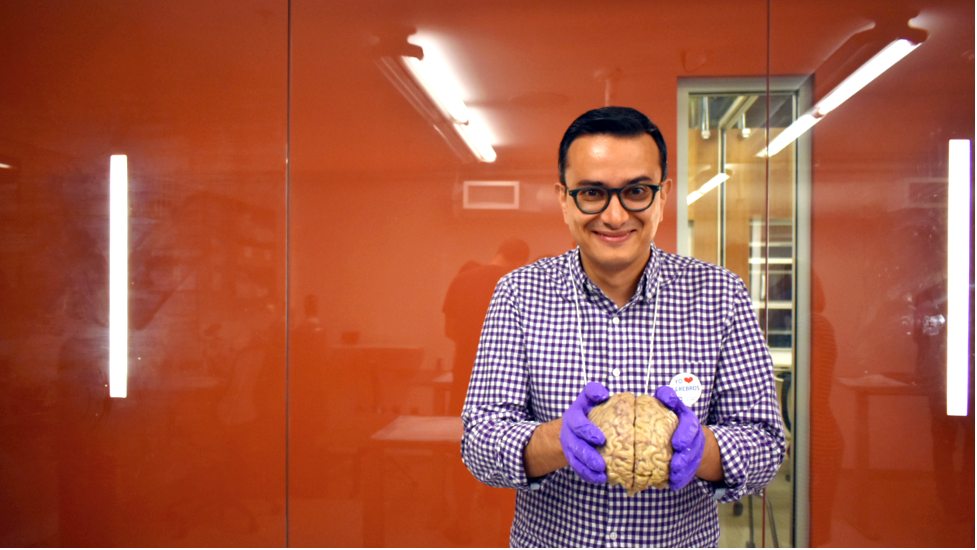
Meet our new COS Faculty: Jorge Morales
This fall, Jorge Morales, PhD, joins the psychology department at the College of Science as an assistant professor. He will also hold a secondary appointment in the Department of Philosophy at the College of Social Sciences and Humanities. Morales is currently completing post-doc work at Johns Hopkins University and starting his interdisciplinary lab at Northeastern. […]
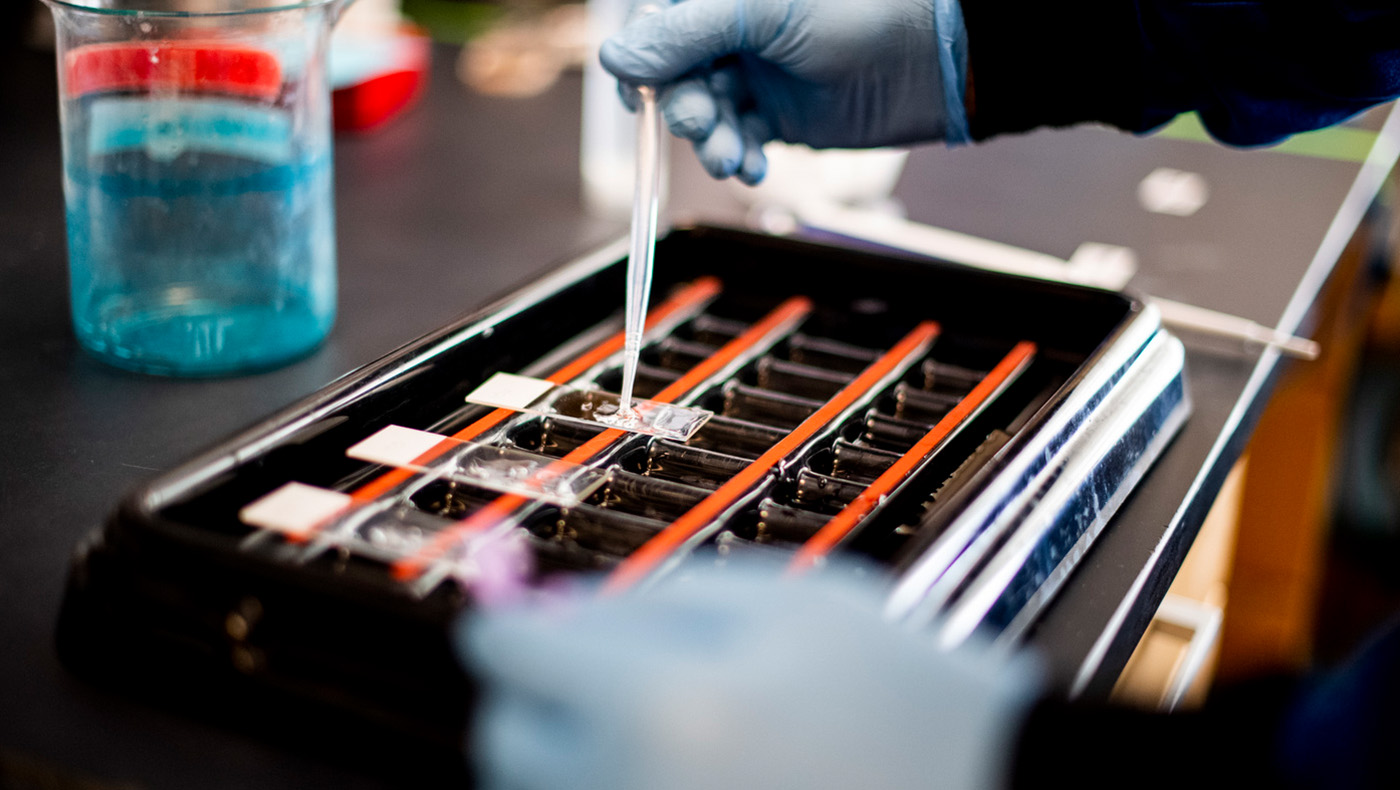
Emma Robinson’s co-op experience at Harvard Medical School leads her to pursue a PhD.
Cell and molecular biology student, Emma Robinson completed her two co-ops at Harvard Medical School's Datta Lab, which prompted her to pursue a PhD in neuroscience.
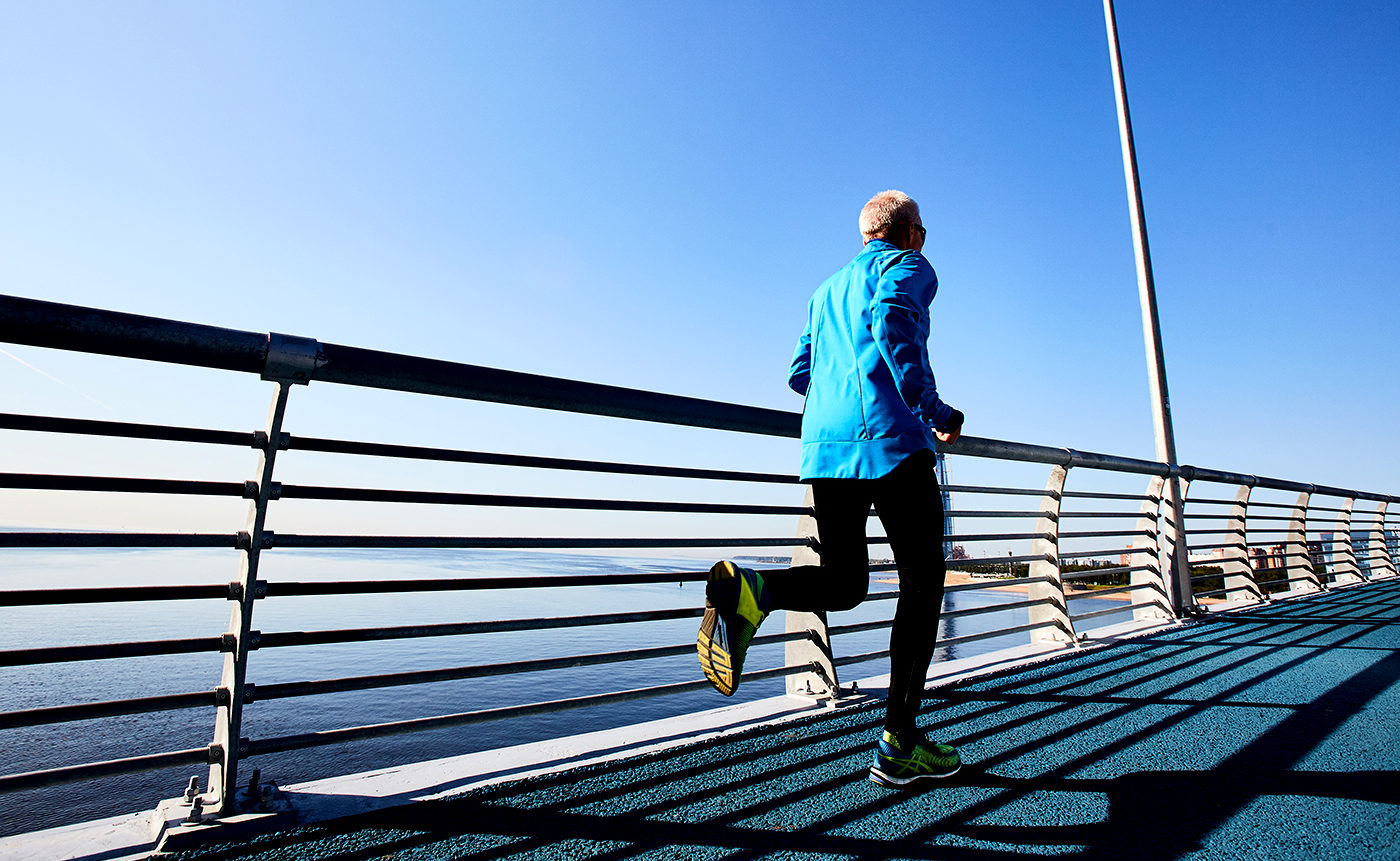
Their co-op contributed to advancing new research on Alzheimer’s and brain health.
Fourth year behavioral Neuroscience students, Sabrina Bond and Sofia Mazuera, were recently published as co-authors of a study that may have significant implications for brain diseases.
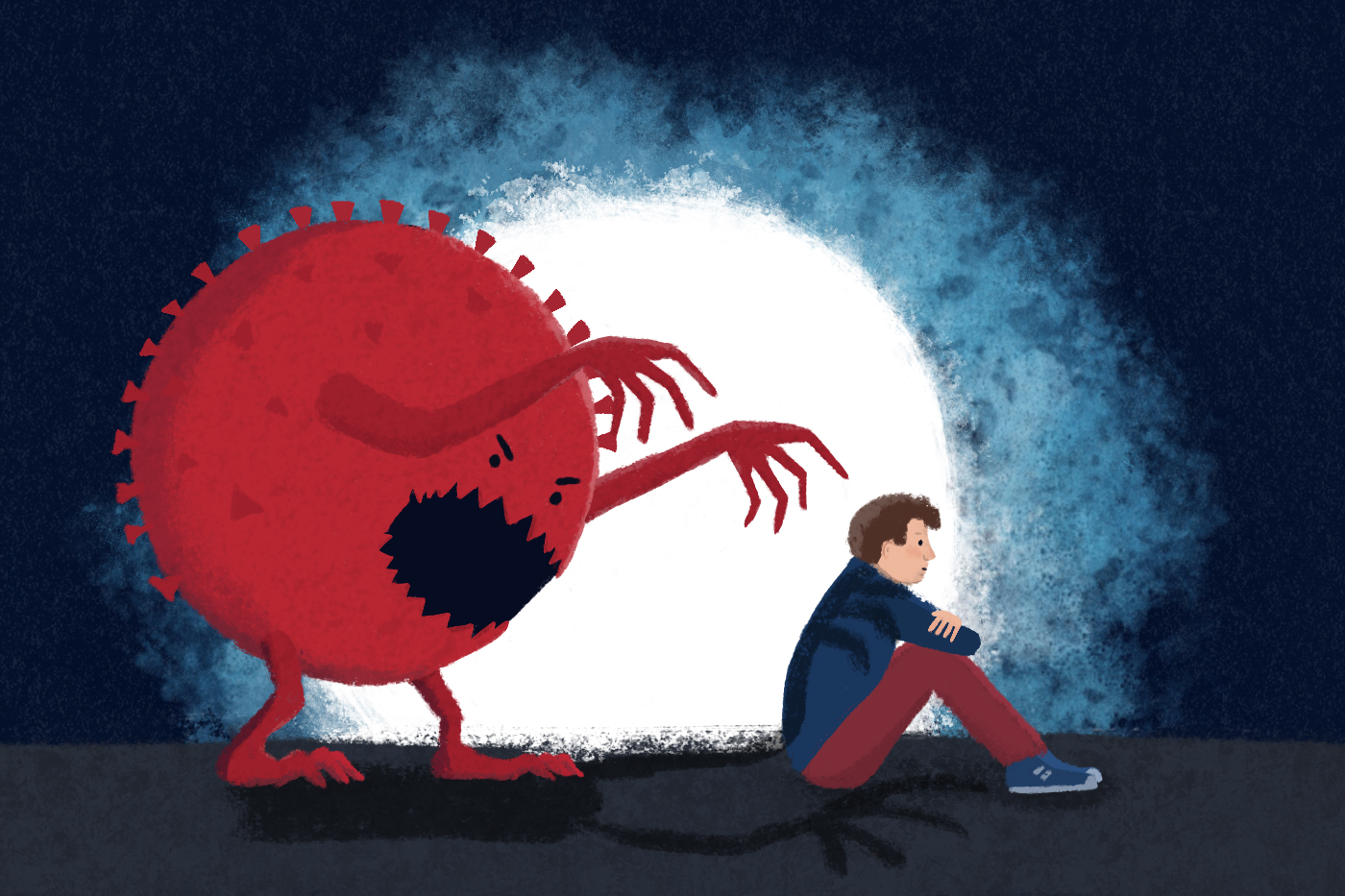
How the dark shadow of the Covid-19 pandemic is changing our brains.
Rebecca Shansky's research finds that stress during Covid-19 can change the way the human brain works.
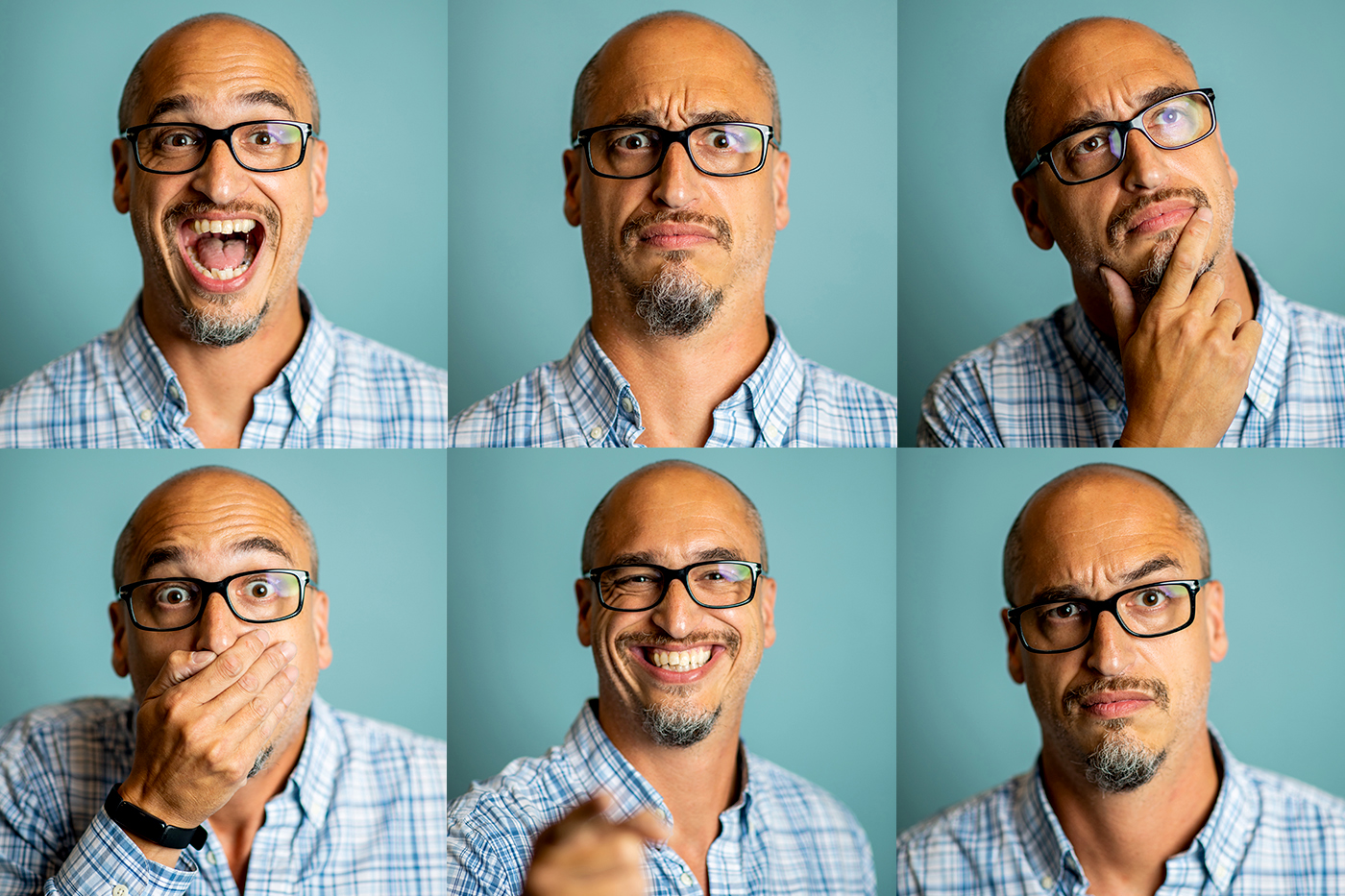
You can’t determine emotion from someone’s facial movements and neither can AI.
Distinguished Psychology Professor, Lisa Feldman Barrett's newest study finds that human emotions cannot be determined by facial expressions alone, they must rely on context.
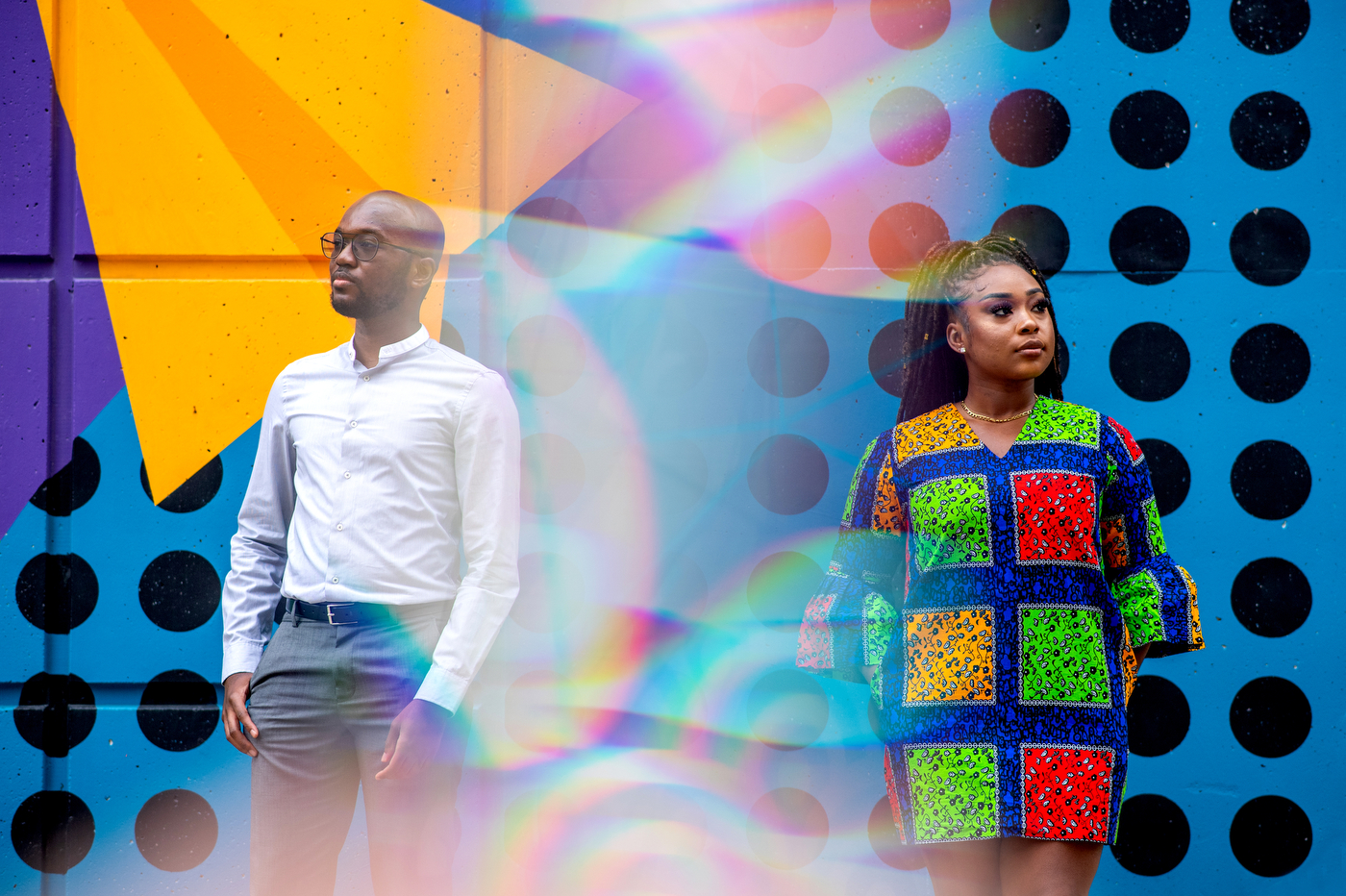
A new wave of COVID-19 infections is surging through Africa. These students want to help.
Northeastern students from interdisciplinary backgrounds, including Nita Akoh, who studies neuroscience, are making a difference in the global fight against COVID-19.
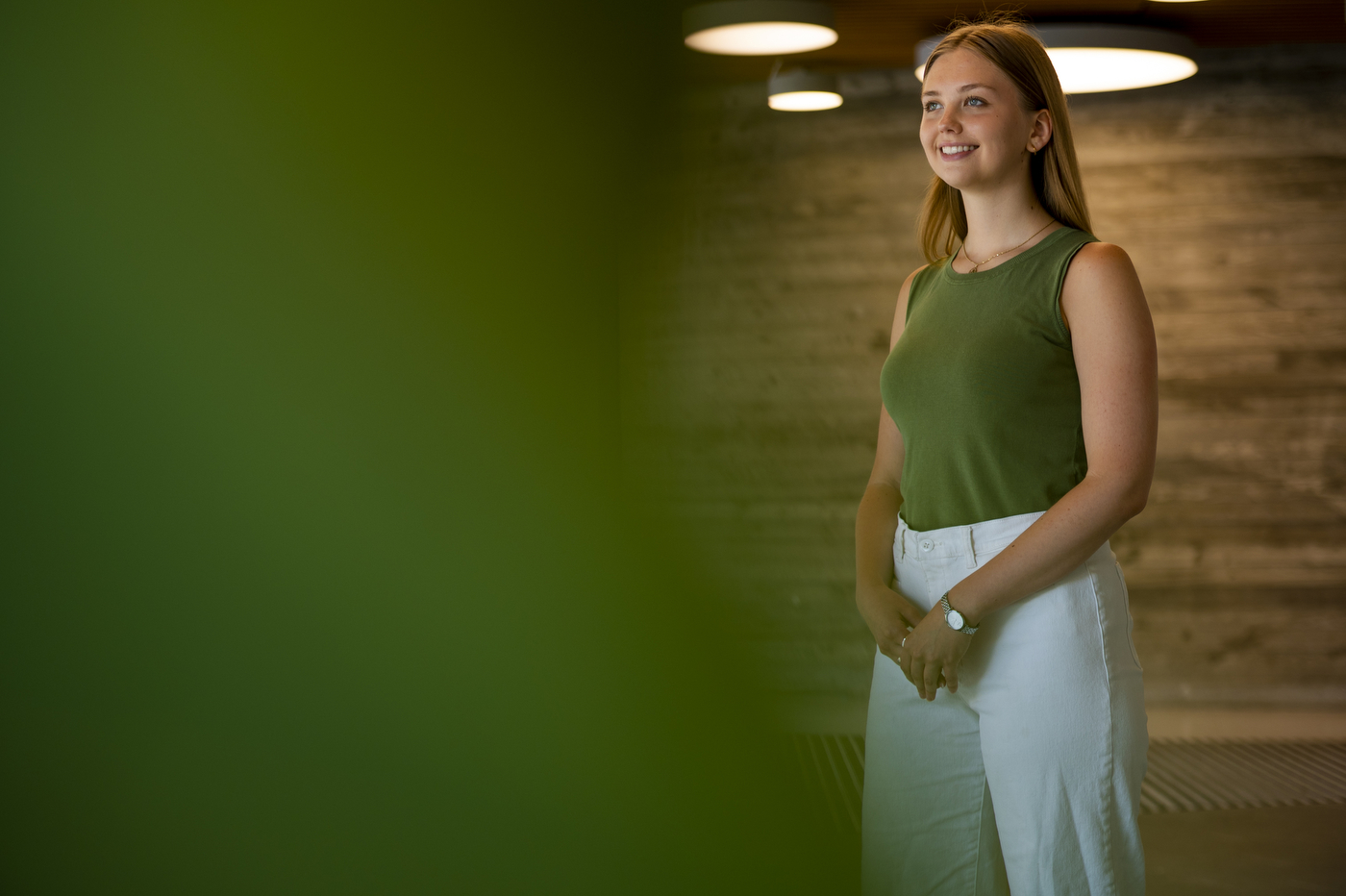
She’s researching whether brain wave stimulation can slow Alzheimer’s
Justyna Stukin, a behavioral neuroscience major, is researching whether brain wave stimulation can slow the impact of Alzheimer's disease.
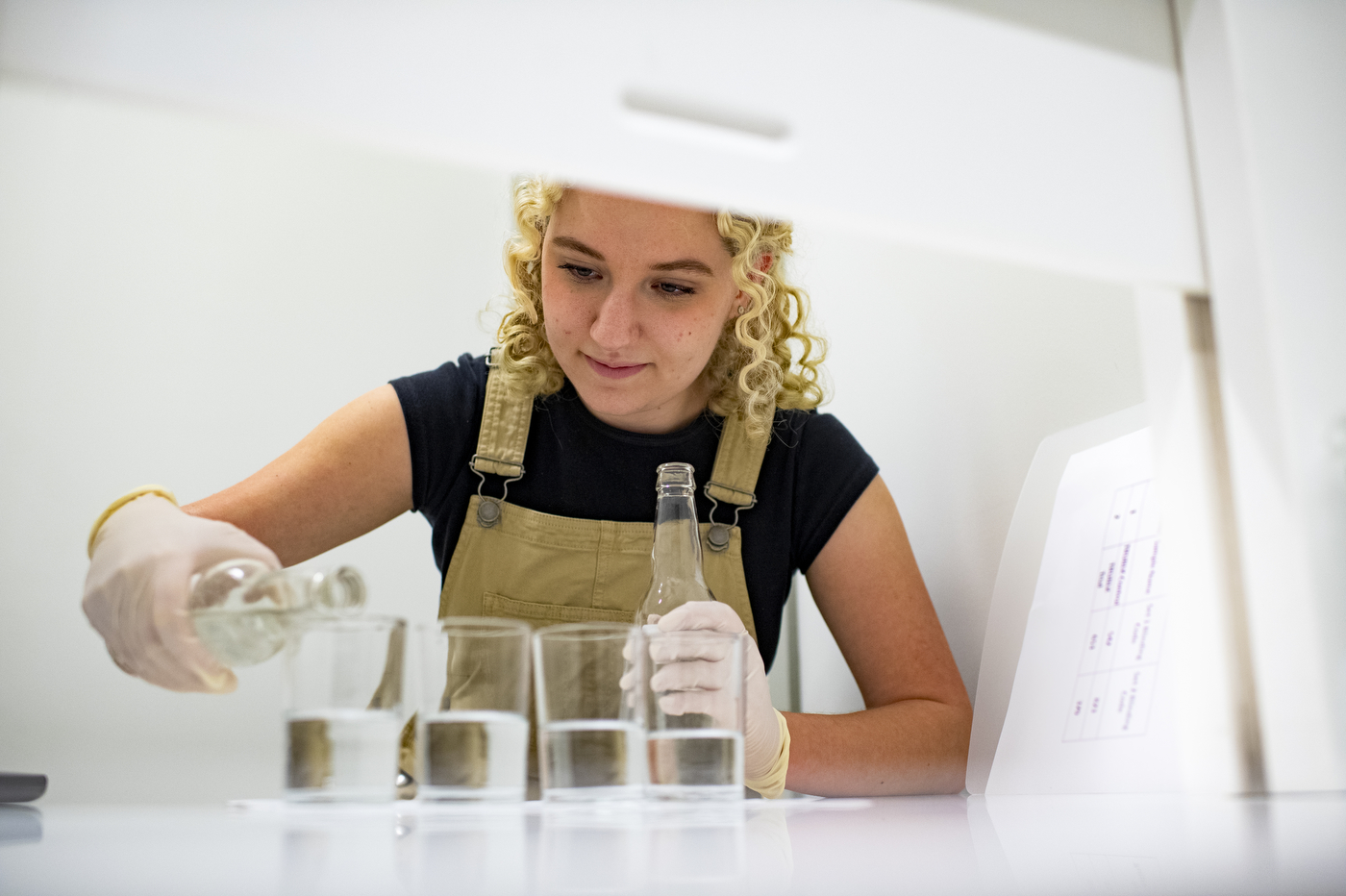
The science behind Sam Adams
Halle Chernin samples craft beers as a “sensory consumer" co-op at the Boston Beer Company.
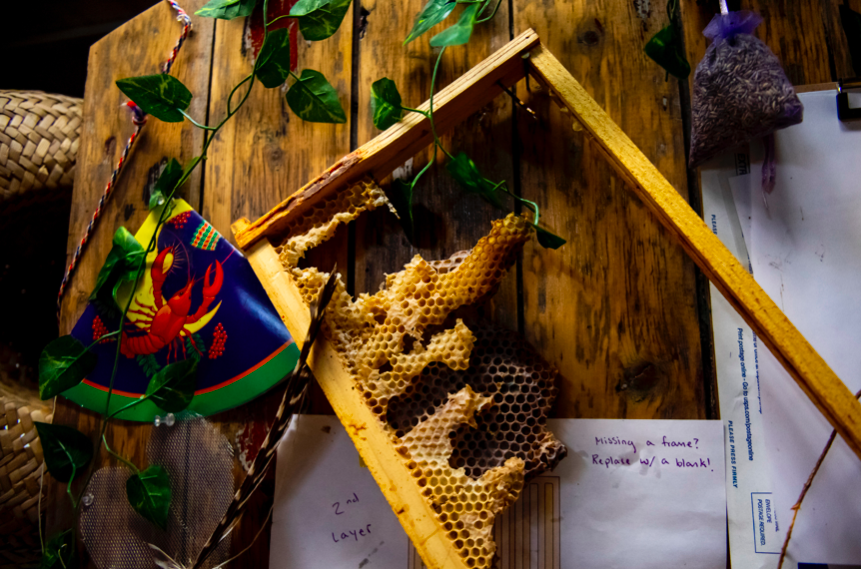
The not-so secret life of bees
Elena Getsios, who just finished her third-year behavioral neuroscience and philosophy major at Northeastern, got a taste for beekeeping after attending an event about the craft a few years ago. She jumped at the chance to learn more when she saw that the university offered a co-op at Best Bees, an urban beekeeping company located […]

Lifestyle choices affect our brain’s capabilities throughout life — this researcher wants to know how.
Timothy Morris did not anticipate he would become an academic, but his career path led him to the position he now loves: postdoctoral researcher at Northeastern. Morris recounts his research journey, the significance of his current work, and why academia at Northeastern is his calling.
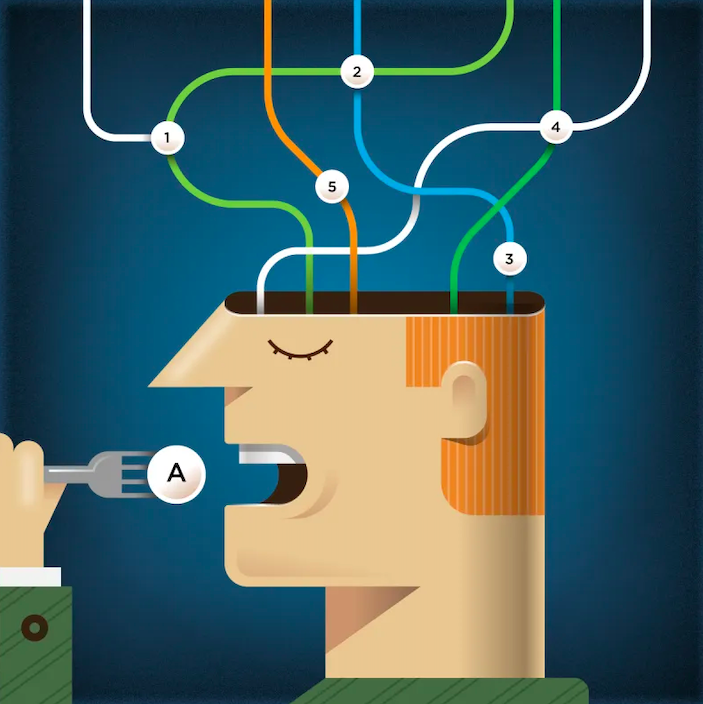
These scientists want to make your brain enjoy broccoli
Neurogastronomy aims to help junk food addicts, cancer survivors, and COVID-19 patients.